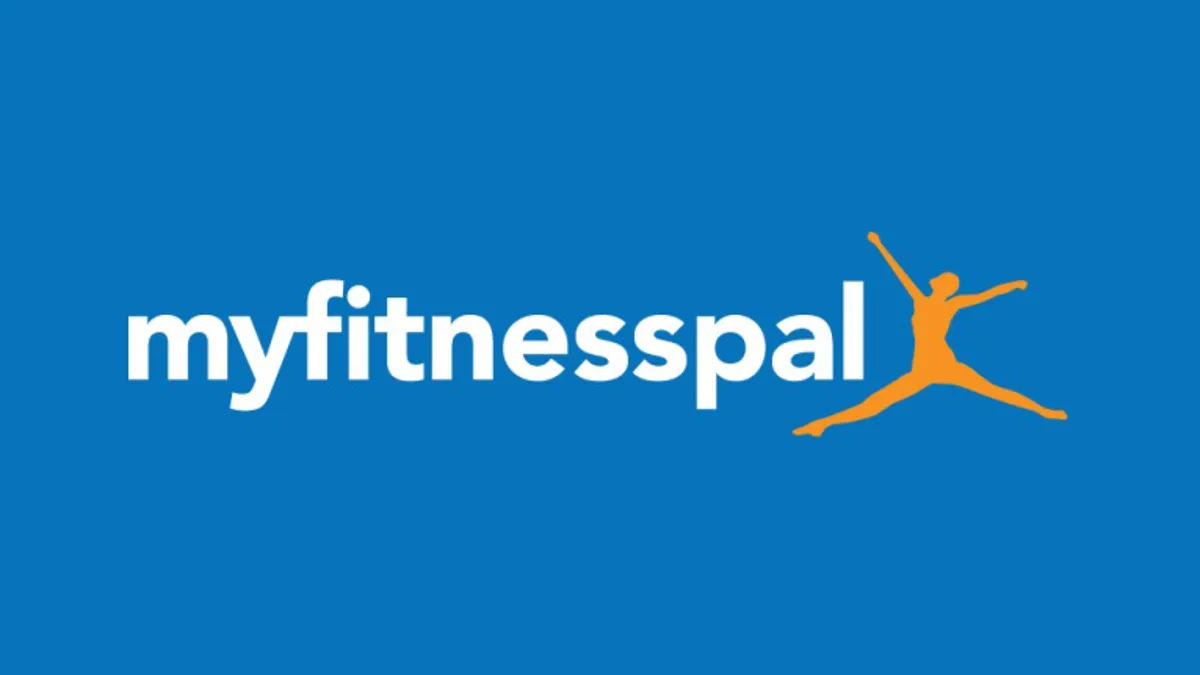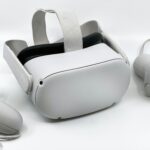Calorie tracking is a popular weight loss and fitness strategy. It involves tracking the number of calories you consume and burn each day. This can help you create a calorie deficit, which is necessary for weight loss.
MyFitnessPal: Your Calorie Tracking Companion
MyFitnessPal is a popular calorie tracking app that has over 100 million users. It offers a variety of features to help you track your calories, including a calorie calculator, food database, and barcode scanner.

Mastering the MyFitnessPal Calorie Calculator
The MyFitnessPal calorie calculator can be a helpful tool for optimizing your calorie tracking. Here are some tips for using it effectively:
- Enter Accurate Information: Enter your accurate weight, height, age, and sex. The calorie calculator uses this information to estimate your basal metabolic rate (BMR), which is the number of calories your body burns at rest.
- Choose Your Activity Level: The calorie calculator will also ask you to choose your activity level. This will help it calculate your total daily calorie needs.
- Set Your Goals: Set your weight loss or gain goals. If you want to lose weight, you can set a calorie deficit goal. This means that you will eat fewer calories than your body burns each day. If you want to gain weight, you can set a calorie surplus goal. This means that you will eat more calories than your body burns each day.
- Accuracy is Key: Track your food intake accurately. The most important factor in calorie tracking is accuracy. Make sure to track everything you eat and drink, including snacks and drinks.
- Utilize the Food Database: Use the food database. The MyFitnessPal food database has over 2 million foods. This makes it easy to find the foods you eat and track their calories.
- Barcode Scanner Convenience: Use the barcode scanner. The MyFitnessPal barcode scanner can scan the barcodes of food items to automatically add them to your food diary.
- Weigh Your Food: Weigh your food. If you are serious about calorie tracking, it is a good idea to weigh your food. This will help you get the most accurate calorie counts.
- Be Flexible: Don’t be afraid to adjust your goals. As you lose weight or gain weight, you may need to adjust your calorie goals. Be patient and keep track of your progress so that you can make adjustments as needed.
Extra Tips for Optimal Calorie Tracking
Here are some additional tips for optimizing calorie tracking with MyFitnessPal:
- Set Realistic Goals: Don’t try to lose too much weight too quickly. Aim to lose 1-2 pounds per week.
- Consistency is Key: Be consistent. The more consistently you track your calories, the better results you will see.
- Don’t Give Up: Weight loss and fitness take time and effort. Don’t get discouraged if you don’t see results immediately. Just keep tracking your calories and making healthy choices, and you will eventually reach your goals.
- Seek Support: If you are struggling to track your calories on your own, there are a number of resources available to help you. You can find support groups, online forums, and even personal trainers who can help you stay on track.
Calorie tracking can be a helpful tool for reaching your weight loss or fitness goals. By using the MyFitnessPal calorie calculator and following these tips, you can optimize your calorie tracking and achieve your goals.




